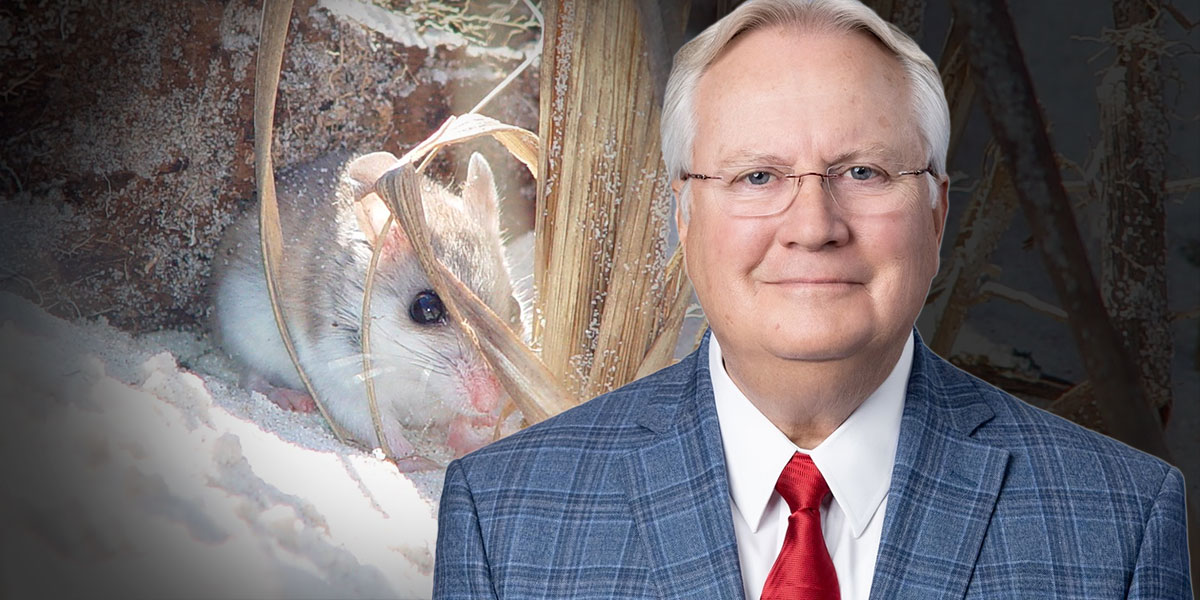Oftentimes, the federal government identifies a problem, implements a solution, but fails to consider the long-term costs and impact that its decision may have. These unintended consequences can create massive headaches, cost people tons of money, and be difficult to undo.
I have seen this time and time again during my 2 1/2 years in Congress, and I find myself constantly fighting back against unnecessary big government rules and regulations.
A perfect example of this is the U.S. Fish and Wildlife Service listing the Alabama beach mouse (Peromyscus polionotus ammobates) on the Endangered Species List.
In June 1986, due to habitat fragmentation, habitat loss, and strong predation, the Alabama beach mouse was listed as endangered by the Fish and Wildlife Service. It is one of two subspecies of field mice living in coastal sand dunes along Alabama’s coast. The beach mouse plays a critical role in our local habitat.
They are a food source for other animals and collect seeds that spur vegetation growth, which protects our dunes and prevents coastline erosion.
While the federal government clearly understands the beach mouse plays an important role in the local food chain and habitat resiliency, they have failed to understand how their actions to protect the beach mouse have created huge issues for countless people in my district.
Since the beach mouse was listed as endangered in the 1980s, government agencies have spent millions of dollars on their protection and have driven up the cost to build and develop property in affected areas.
When the beach mouse was first listed, the population had been largely wiped out. Today, it is estimated 40 to 70 mice can be found in a 550 square-meter unit. The population has rebounded and is very strong today, but the ABM’s list status remains unchanged.
As a result, growth is severely limited in the affected areas because homeowners and homebuilders are hugely limited on where they can build and how they can build.
I have heard from numerous constituents who have had nightmares dealing with ridiculous amounts of paperwork, permitting, etc., in order to comply with the rules and regulations imposed by the federal government.
Folks also have to pay an annual tax based on the number of bedrooms in their home or condo to protect the beach mouse and restore its habitat.
Baldwin County, where the beach mouse population lives, is one of the fastest growing counties in the state, but this growth is being stunted simply because the USFWS has taken such a heavy-handed approach to protecting a previously endangered species that is no longer endangered.
It’s way past time for the Alabama beach mouse to be removed from the Endangered Species List.
Jerry Carl represents Alabama’s First Congressional District. He lives in Mobile with his wife Tina.













